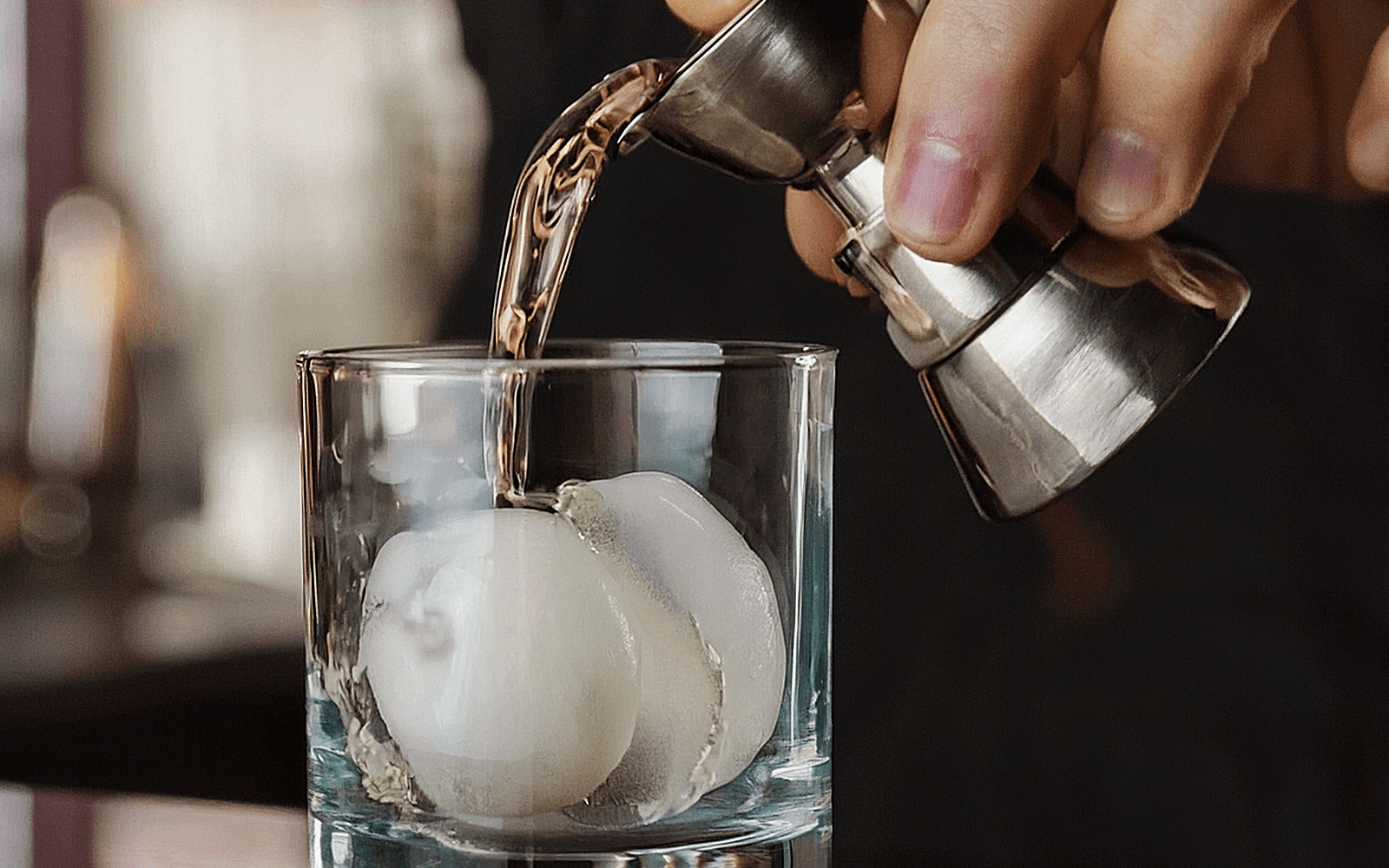
Does consuming alcohol actually aid digestion?
After a good meal, have you ever been offered a digestif? Who hasn't heard that certain alcohols, such as cognac, calvados, or whiskey, promote better digestion?
But what does science say about this? Is it a myth or a reality?

1. What does the science say?
In 2010, a study led by the University Hospital of Zurich (Switzerland) focused on the effects of alcohol and tea during the consumption of cheese fondue on a panel of 20 healthy people. The researchers observed that digestion was three times slower in people who consumed alcohol than in those who drank tea.
Alcohol is therefore not necessarily an ally for digestion and could have the following harmful effects:
- Irritation of the stomach and intestinal lining, which can lead to pain, bloating, and heartburn.
- Disruption of the production of digestive enzymes that are necessary to break down food and absorb nutrients.
2. Where does this myth come from?
To understand this myth, we need to go back to the Middle Ages. It was common at banquets to finish the meal with a glass of hypocras, a sweetened wine-based drink with spices that was reputed to have digestive properties.
At that time, drinking spiced wine or alcohol was considered more digestible than drinking water, especially in cities. In fact, water could be insanitary and often carried bacteria, because "waste and excrement were dumped into the water. People who drank this water became sick or died."
Also, the use of spices in wine was not only to enhance its taste. Spices such as cinnamon, ginger, and cloves were also used to help relieve various ailments.
Ultimately, drinking a digestif after a meal has been perpetuated over time to the point of becoming a tradition. With the technical advances in water purification and its generally accessible distribution, is alcohol still a suitable choice for improving digestion?
Isn't there a healthier and more beneficial alternative for our digestive health?

3. Plants to the Rescue!
Fortunately, there are other natural solutions, such as herbal teas. We incorporate various plant species in our infusions for their relaxing and digestive effects. Here's an overview:
Rose & Chamomile Herbal Tea
Chamomile is traditionally used for digestive issues and is particularly effective in relieving gas, soothing the stomach, and relaxing the muscles that move food through the intestines. Milk thistle is known for its liver benefits and cell regeneration thanks to silymarin. Interestingly, the World Health Organization recognizes the benefits of silymarin and recommends it for treating liver cirrhosis.
Thuja & Lavender Herbal Tea
Peppermint is beneficial for symptoms related to irritable bowel syndrome. An Australian study found that high concentrations of menthol in peppermint have an antispasmodic effect and stimulate the pain-relief channel (called TRPM8), making the pain-sensing fibers in the intestines temporarily less sensitive.
Beetroot & Poppy Herbal Tea
Red beet protects the stomach lining, while savory and Labrador tea aid digestion.
Wintergreen Leaves
Thanks to its diuretic effects, wintergreen helps maintain good kidney health and combats bloating.
For more details on plants that aid digestion, check out the article: "Herbal infusions: natural remedies for digestive problems."

4. Hot water and plants: a winning duo for health and well-being
A 2016 study looked at the postoperative effect of hot water during the time of the first flatulence in patients who had had their gallbladders removed.
The results showed that "the consumption of hot water in the fourth postoperative hour significantly reduced the first period of flatulence expulsion and had a favorable impact on bowel movements."
Are you ready to drink a good boreal herbal tea after your meal? A simple action to integrate into your routine and enjoy. Try the experience, which will undoubtedly help you digest better.
A 2016 study looked at the postoperative effect of hot water during the time of the first flatulence in patients who had had their gallbladders removed.
The results showed that "drinking hot water in the fourth postoperative hour significantly reduced the time to first flatulence and had a favorable impact on bowel movements."
Are you ready to enjoy a delightful boreal herbal tea after your meal? It's an easy and pleasant addition to your routine. Try it out—it will undoubtedly help you digest better.

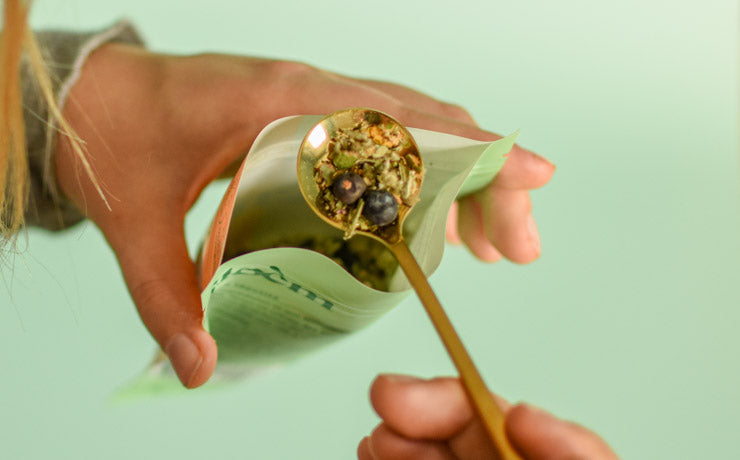
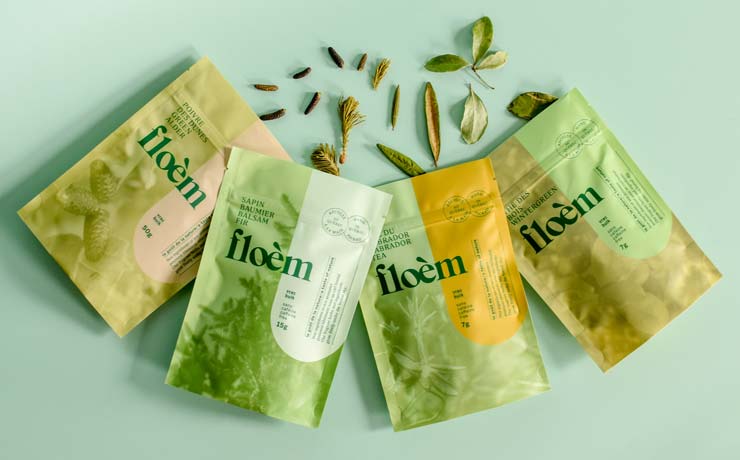
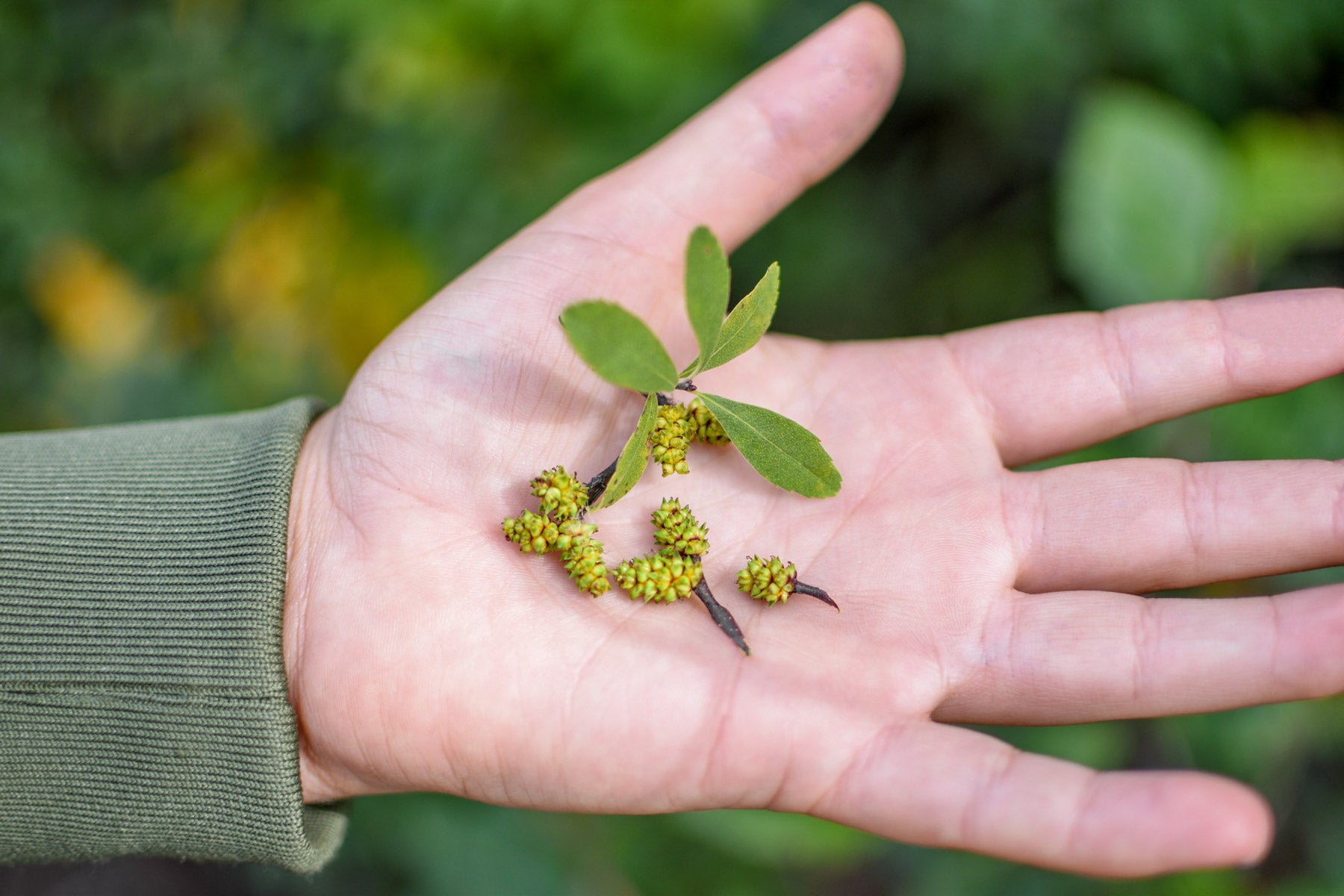



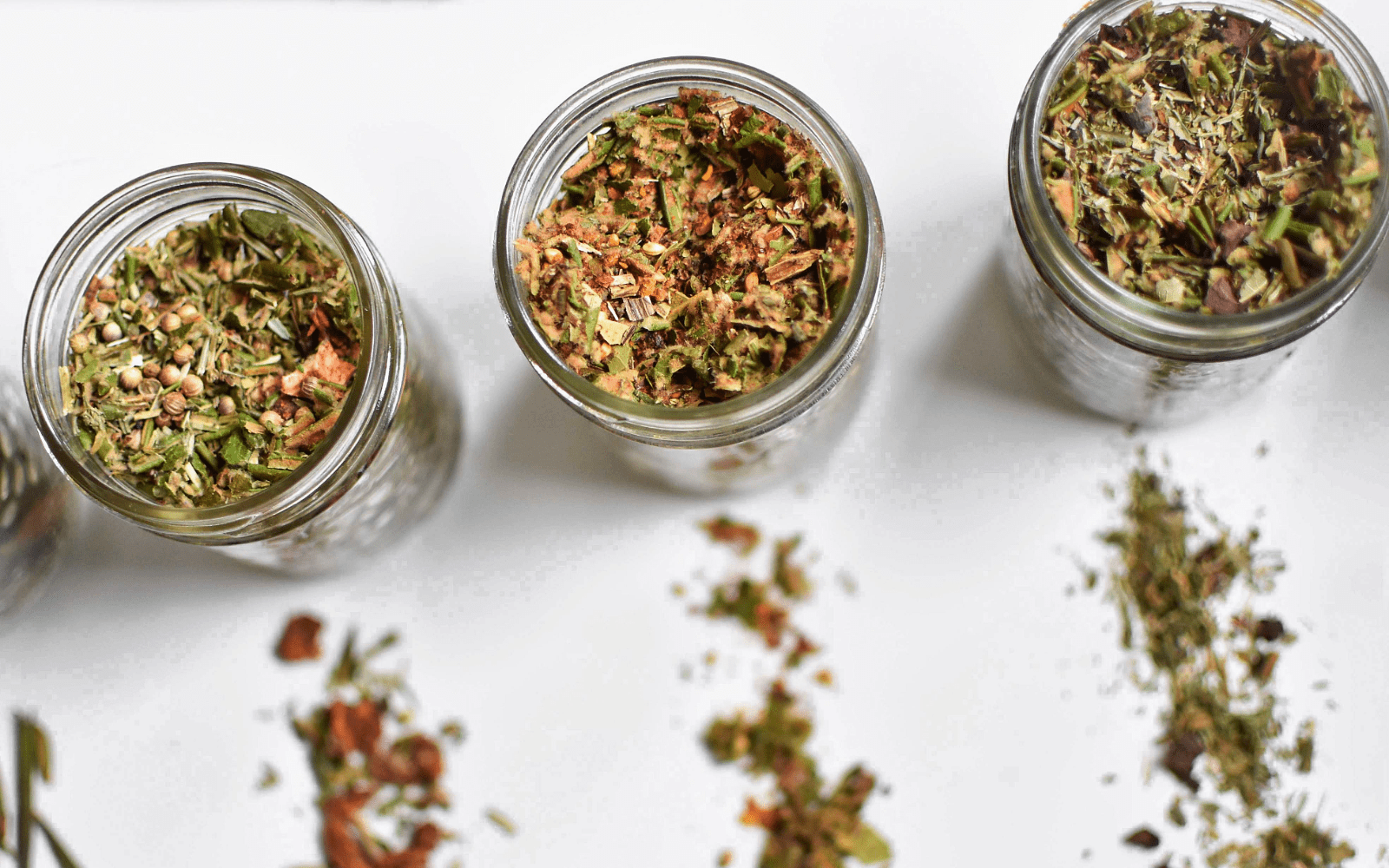
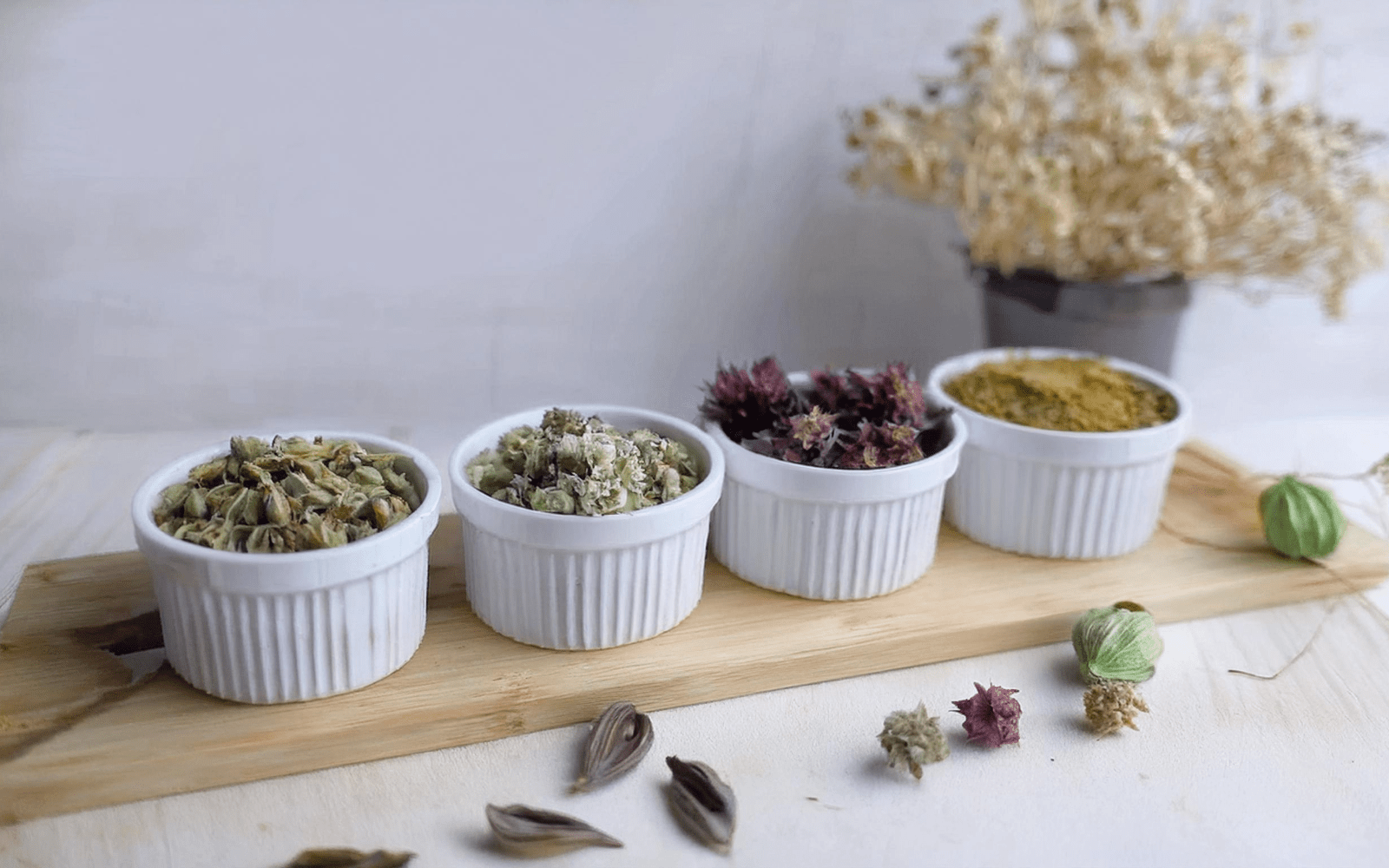

2 comments
Puis-Je avoir des échantillons de vos produits ,si c’est possible??
Johanne Bisson
Merci 🙏 pour vos informations inspirantes et puis j’adore vos excellentes tisanes …au plaisir 🤩
Diane Juneau
Leave a comment
This site is protected by hCaptcha and the hCaptcha Privacy Policy and Terms of Service apply.